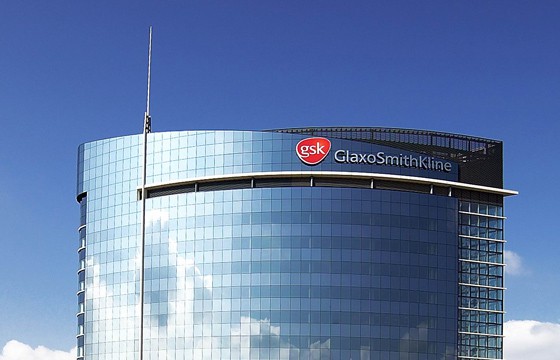
Pharma companies GlaxoSmithKline and Bayer have both strengthened their efforts in oncology by signing deals with biotechs to develop new treatments.
GSK has agreed a $350m deal with US-based Adaptimmune to develop T-cell receptors to target a range of cancers, although the collaboration is somewhat surprising considering GSK’s recent decision to sell the bulk of its its oncology portfolio to Novartis.
As part of that agreement, GSK divested products such as Votrient (pazopanib), Mekinist (trametinib) and Tyverb (lapatinib), while gaining Novartis’ vaccines portfolio.
It seems GSK still has interests in cancer, however, and will be looking to make the most of Adaptimmune’s technology in cancer immunotherapies, which has shown promise in treating multiple myeloma, melanoma, sarcoma and ovarian cancer.
Axel Hoos, GSK’s VP of oncology R&D and head of immuno-oncology, explained the deal fitted into the company’s refocused cancer strategy.
“We believe that Adaptimmune’s T-cell receptor engineering technology will be synergistic with the growing immuno-oncology portfolio of GSK and leverage our existing expertise in autologous cell gene therapy,” he said.
Bayer makes move in prostate cancer
GSK wasn’t the only company to enhance its oncology pipeline this week. German company Bayer agreed a deal with Finland-based biotech Orion to acquire a new prostate cancer treatment.
Bayer gains development and commercialisation rights to ODM-201, an investigational oral androgen receptor inhibitor which is set to begin phase III trials in patients with non-metastatic castration-resistant prostate cancer.
The company sees the drug as complementary to its existing oncology portfolio. This includes Xofigo (radium-223), which was approved in Europe last year to treat men with castration-resistant prostate cancer (CRPC) who also have symptomatic bone metastases and no known visceral metastases.
If ODM-201 were to reach market Bayer would be able to cover a broader range of treatment in prostate cancer, which is the second most commonly diagnosed malignancy in men worldwide.
As part of the deal Bayer and Orion will jointly develop the drug although Bayer will put up the lion’s share of development costs. If approved Bayer will commercialise ODM-201 globally, while Orion has the option to co-promote the drug in Europe.
For all this Orion will receive an upfront payment of €50m and is also eligible for further milestone payments.




